Genome Integrity Program Faculty
-
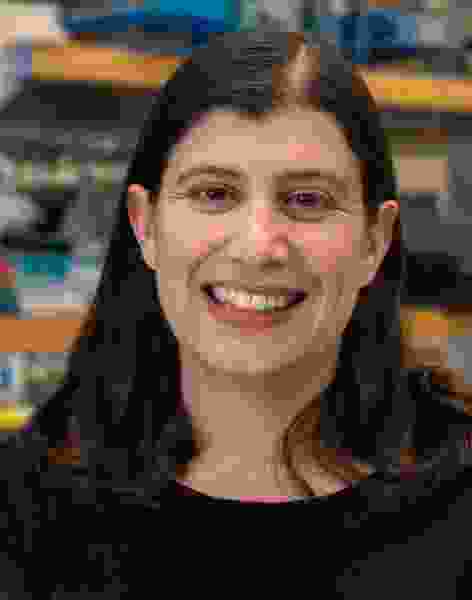
Jennifer Benanti, Ph.D.
Our laboratory is interested in the molecular mechanisms that control cell growth and proliferation, and in understanding how these mechanisms are disrupted in cancer cells.
-
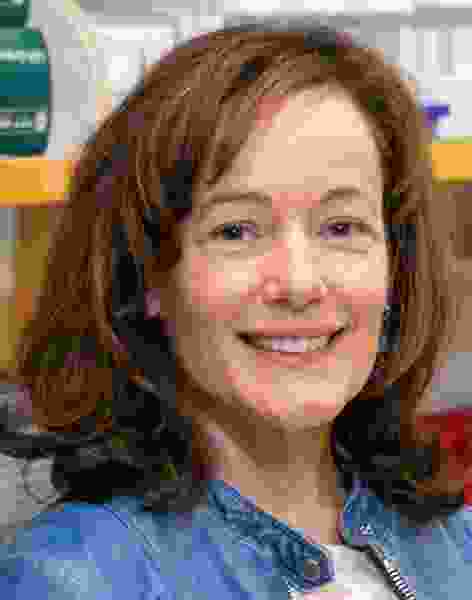
Sharon Cantor, Ph.D.
My laboratory focuses on understanding the efficacy of genotoxic anti-cancer drugs that sensitize BRCA deficient cancer cells with DNA repair and replication integrity defects.
-
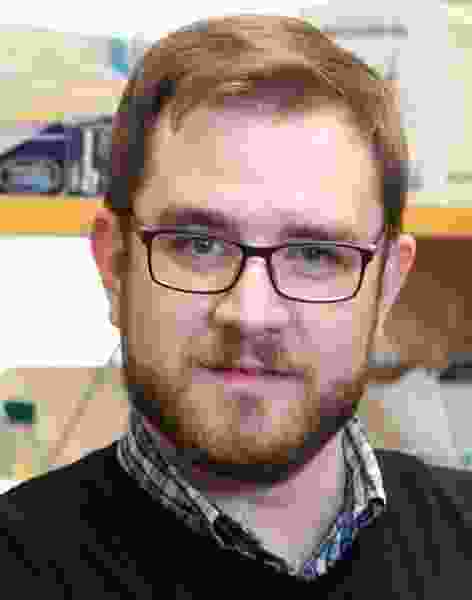
William Flavahan, Ph.D.
Research in the Flavahan lab focuses on how defects in the molecular structure of the genome, called chromatin, can affect the expression of cancer related genes.
-
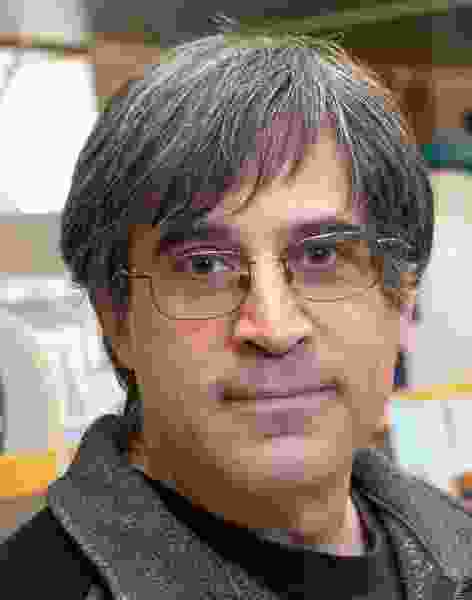
Paul Kaufman, Ph.D.
We study proteins that regulate chromosome structure and function, using cell biological and genomic tools to analyze mammalian chromosome organization.
-

Brian Kelch, Ph.D.
The Kelch Lab utilizes structural biology and biochemistry to reveal the workings of large macromolecular complexes, with a special focus on those involved in DNA replication/repair and virus assembly.
-
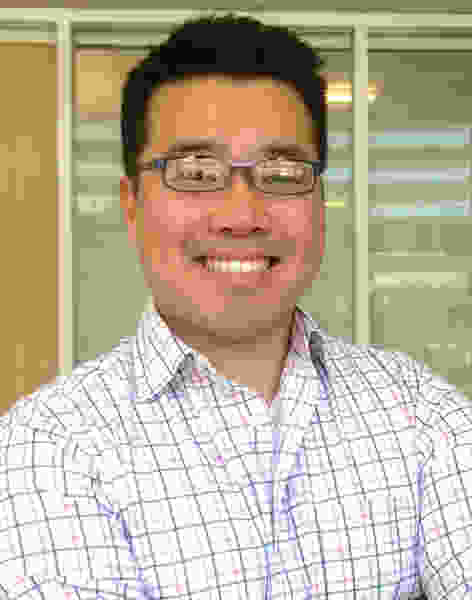
Michael Lee, Ph.D.
Our interests exist within an emerging discipline called Systems Pharmacology, which is focused broadly on understanding principles in drug therapy and mechanisms underlying the therapeutic activity of drugs as well as complex drug combinations.
-
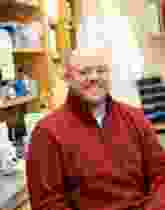
Michael Lodato, Ph.D.
Our laboratory focuses on the rates, causes, and consequences of somatic mutations in the human brain.
-
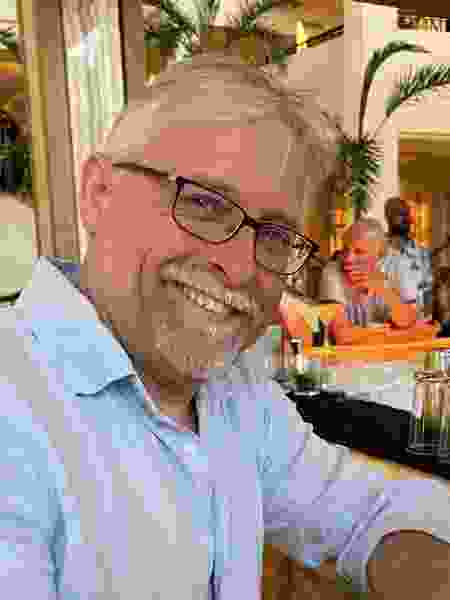
Craig Peterson, Ph.D.
Work in the lab is focused on understanding how chromosome structure influences gene transcription, DNA replication and repair, with special emphasis on identifying and characterizing the cellular machines that control chromosome dynamics.
-

Nick Rhind, Ph.D.
The Rhind lab studies cell size regulation and temporal coordination of DNA replication.
-

Merav Socolovsky, Ph.D., MBBS
We investigate how cell fate decisions during erythropoiesis are orchestrated by DNA replication and by epigenetic mechanisms.
-
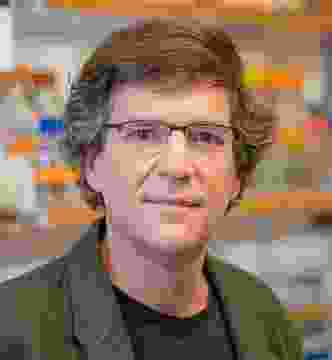
Erik Sontheimer, Ph.D.
CRISPR-Cas Biology and Genome Engineering Applications
-
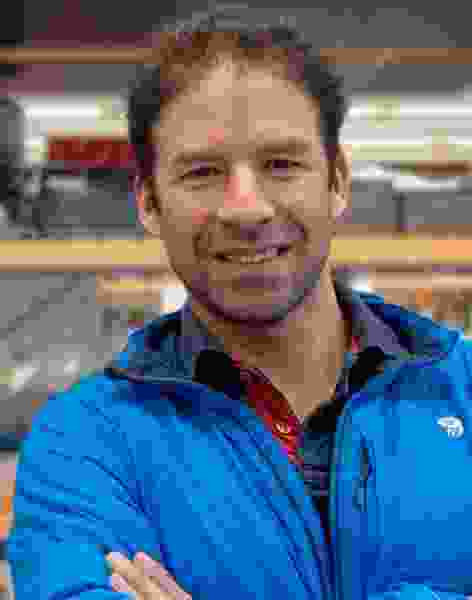
Eduardo Torres, Ph.D.
Our laboratory focuses on identifying the molecular mechanisms underlying the effects of aneuploidy (an abnormal number of chromosomes) on cellular physiology and on cancer initiation, maintenance and progression.
-
Emma Watson, Ph.D.
We use forward genetics to select isogenic aneuploid mutants with tumor-like chromosomes from diploid epithelial cell precursors based on their proliferative advantage. Multi-omics profiling of these cells provides a deeper understanding of the roles of cancer chromosomal aberrations.
-
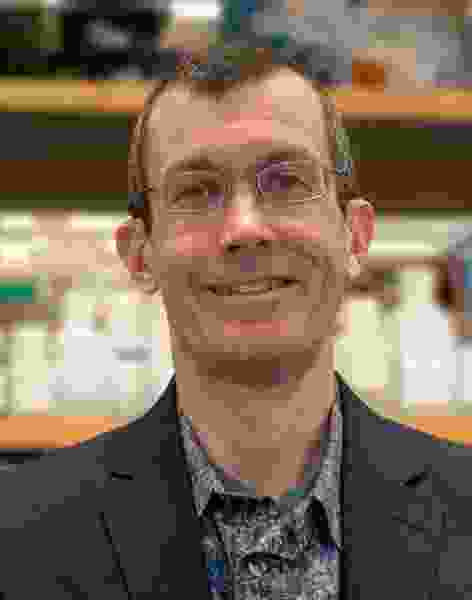
Scot Wolfe, Ph.D.
My research program is focused on the creation of improved genome editing technologies to facilitate both efficient and precise editing of vertebrate genomes.












